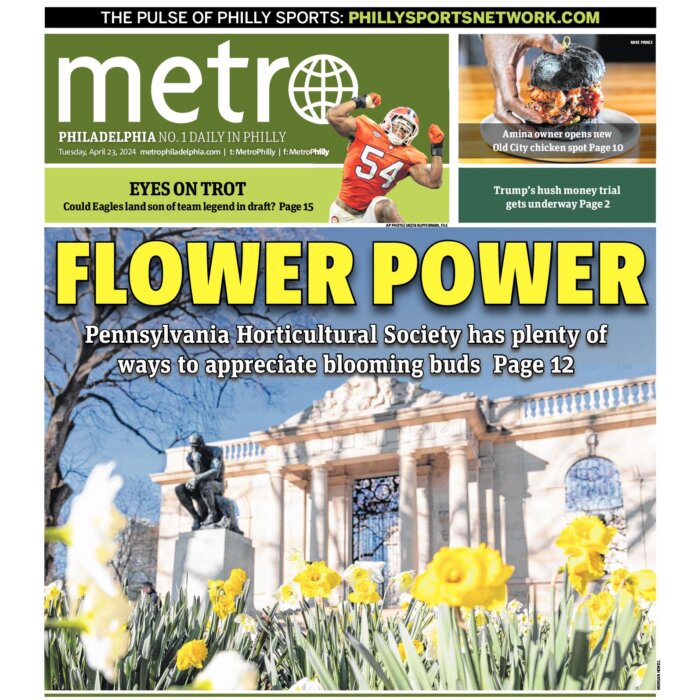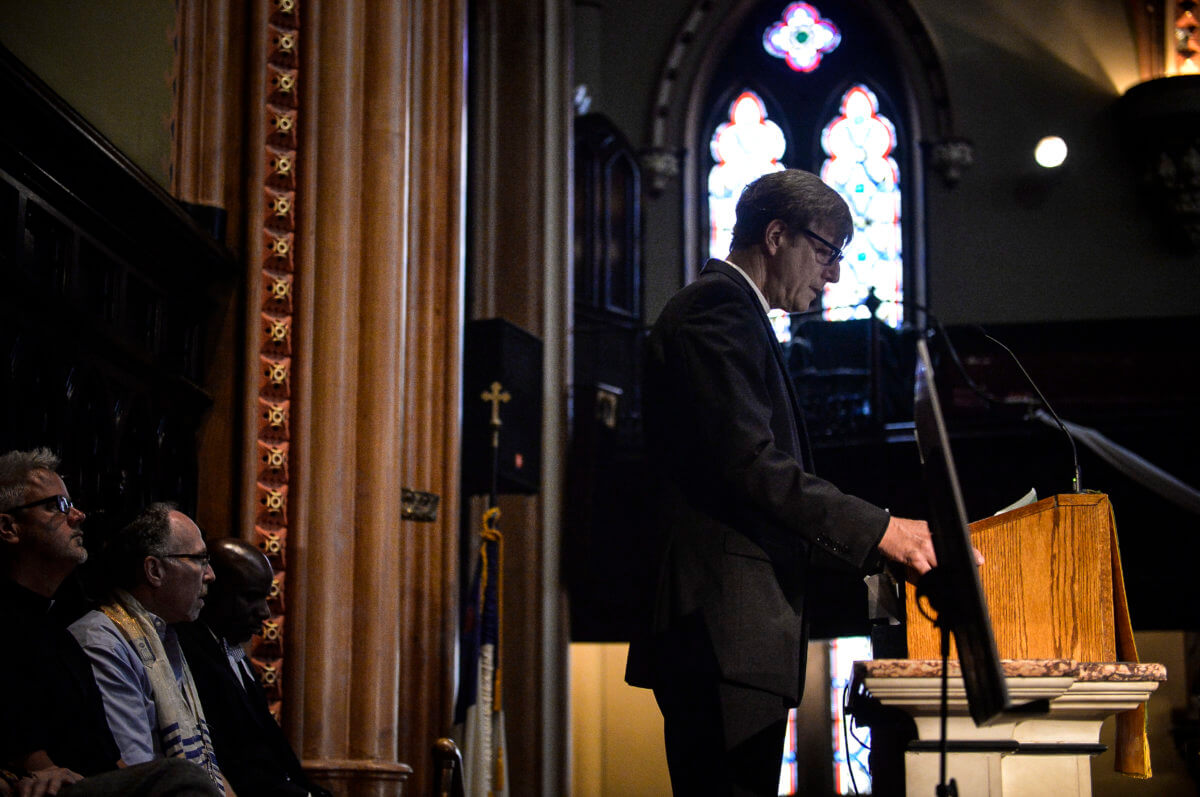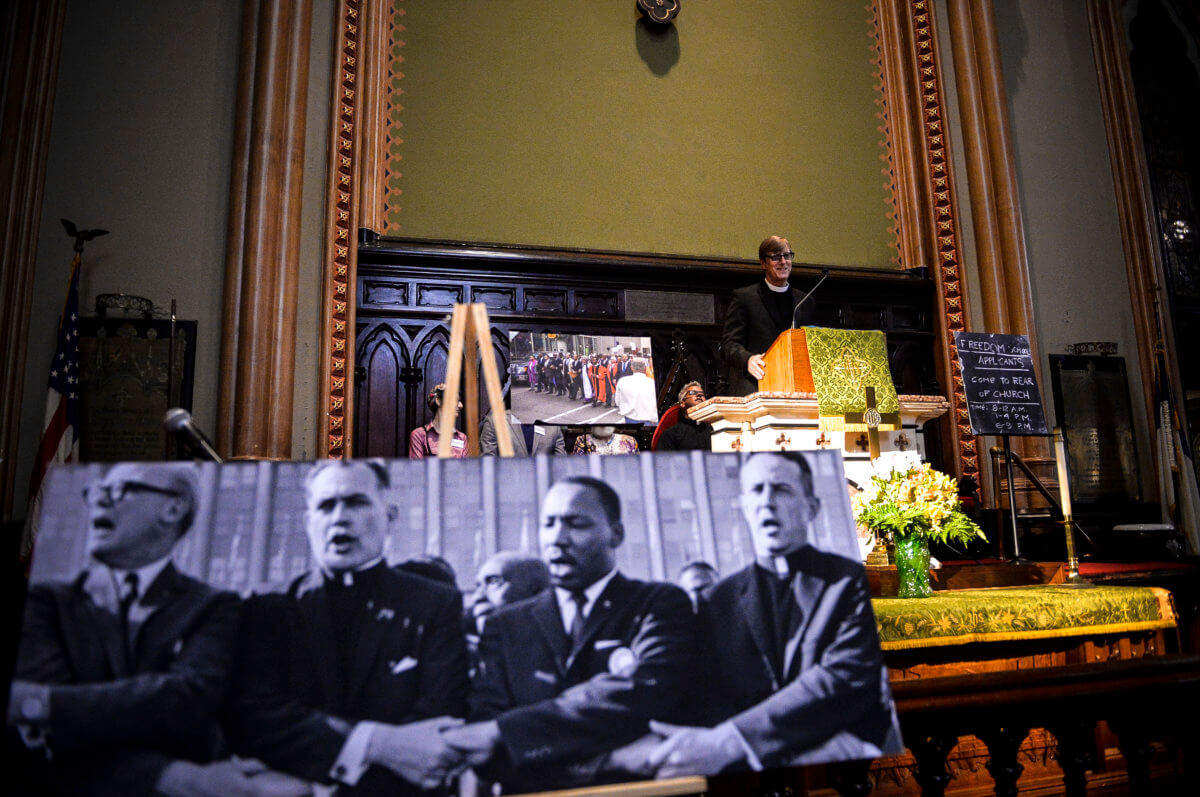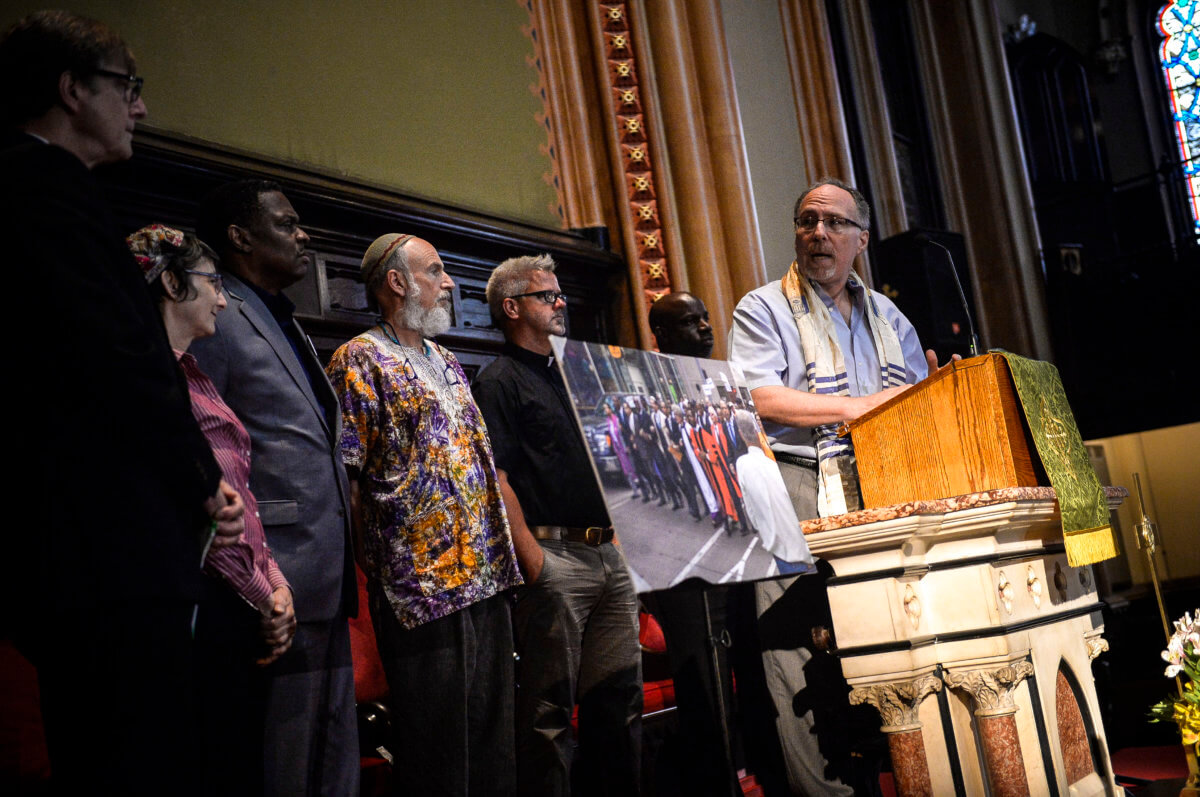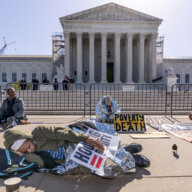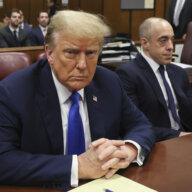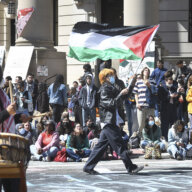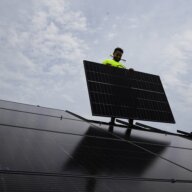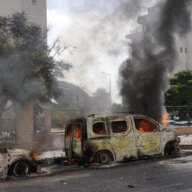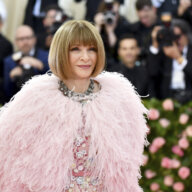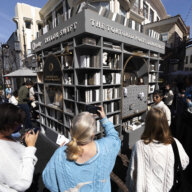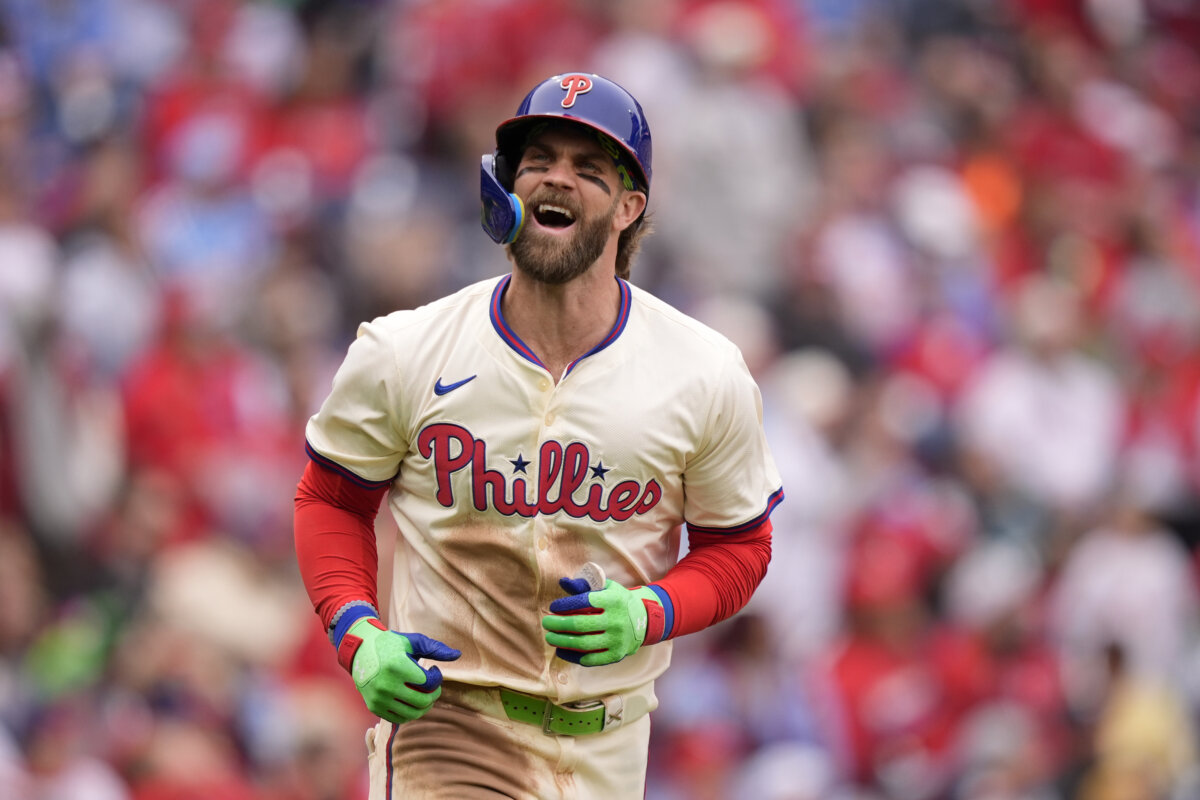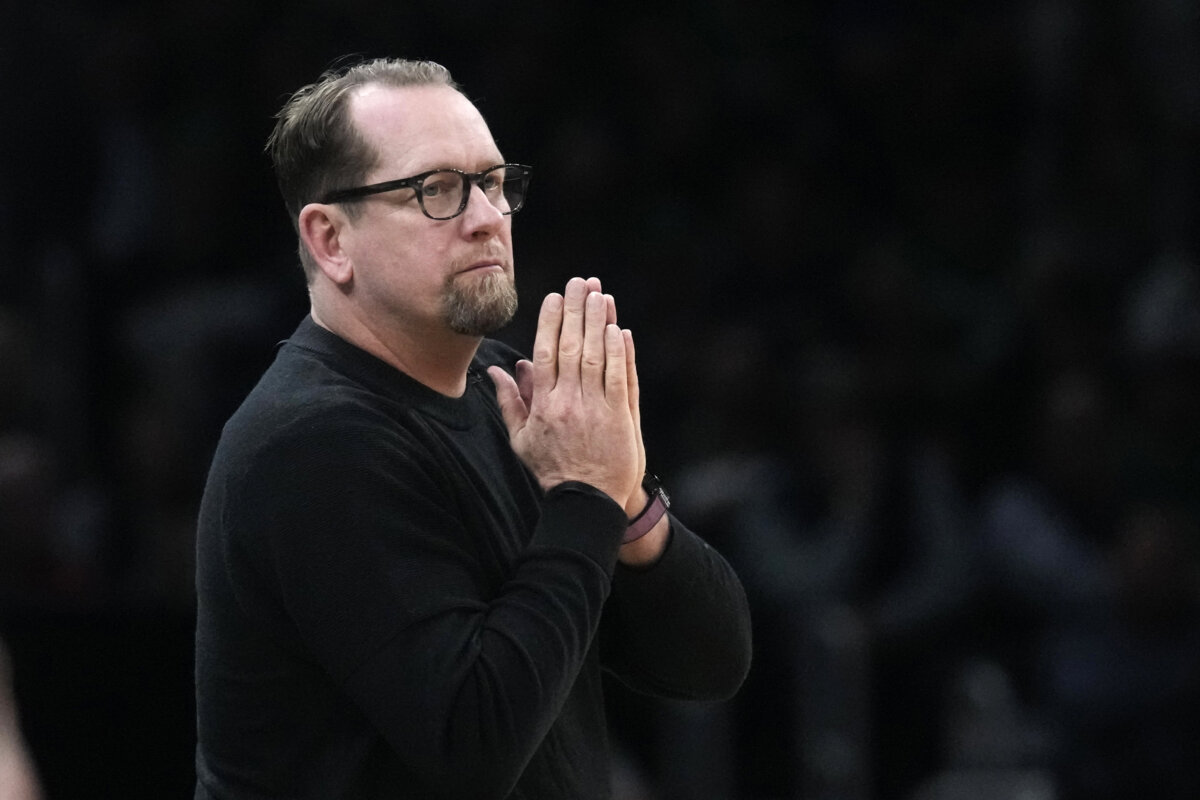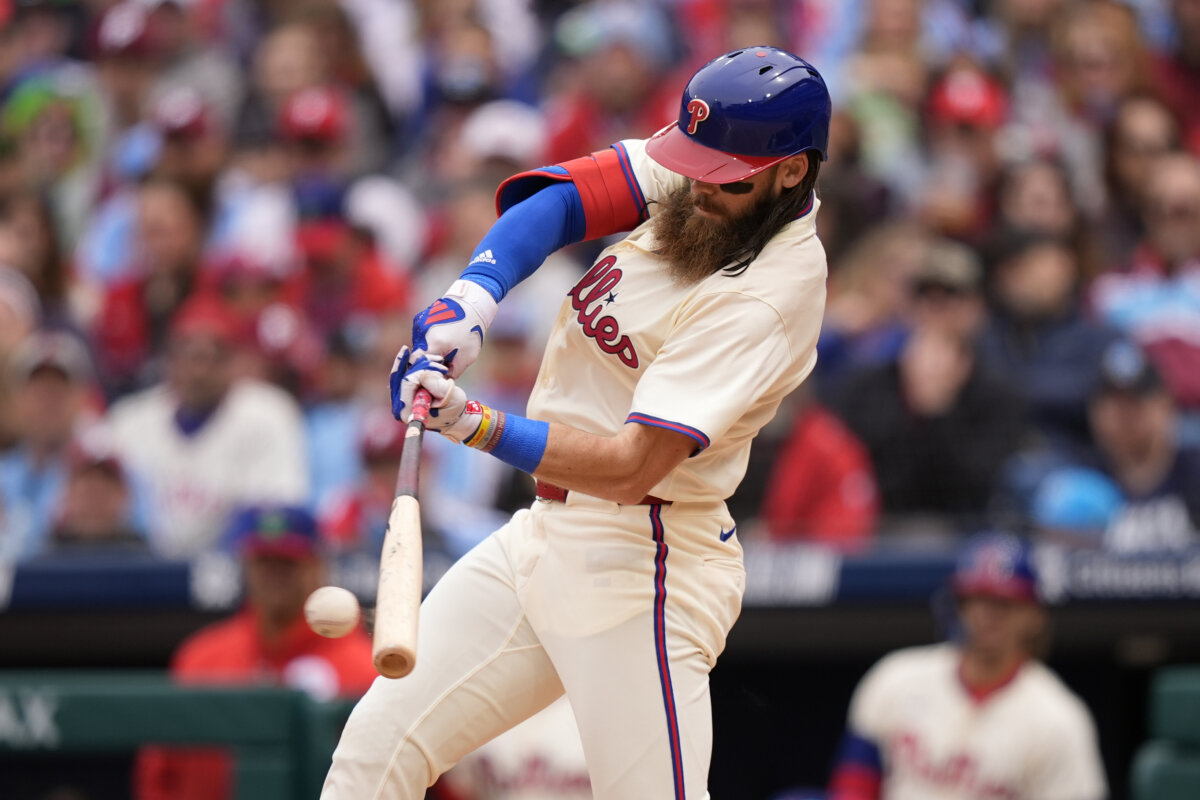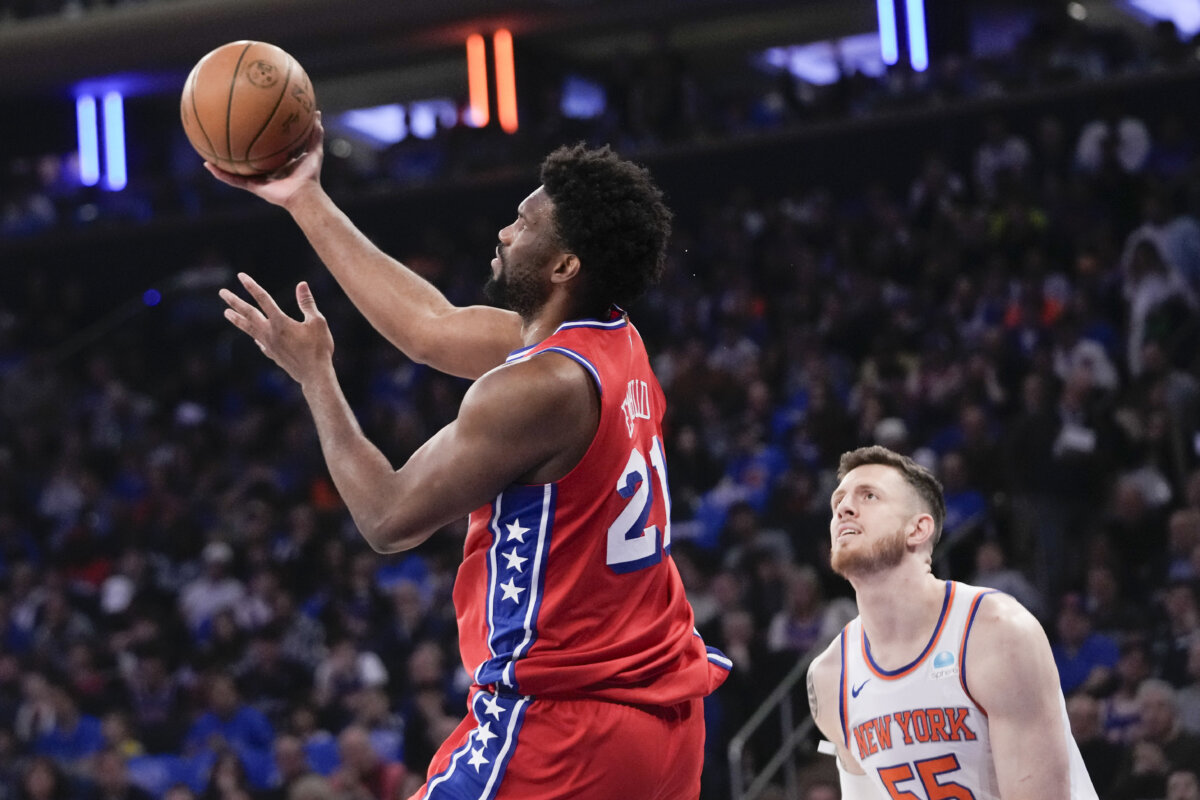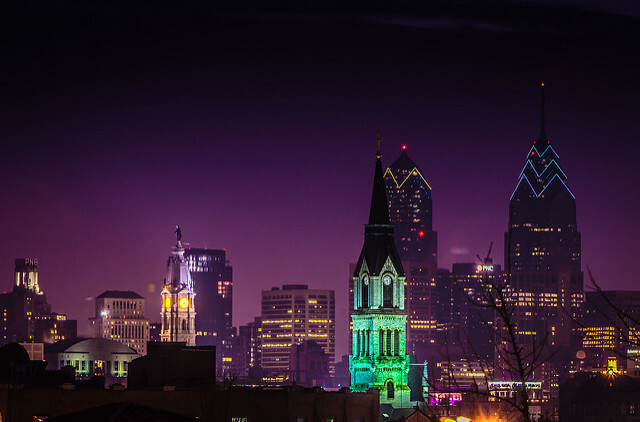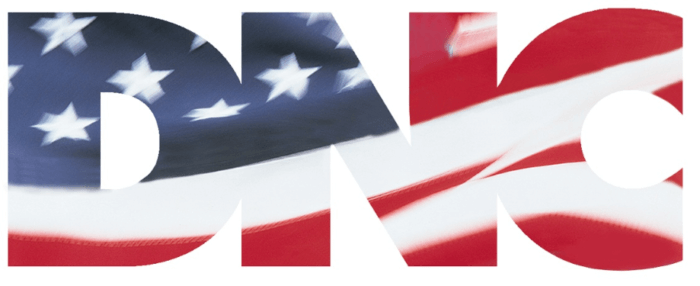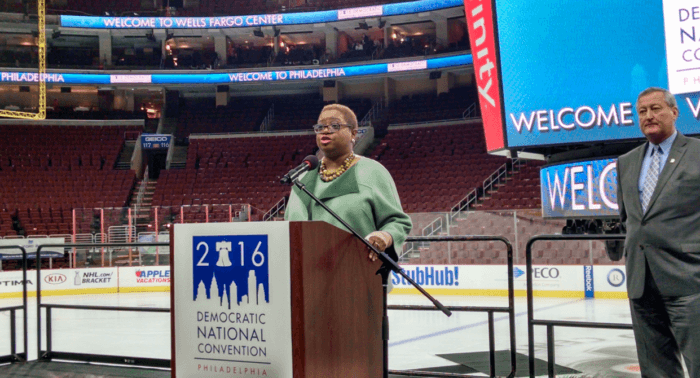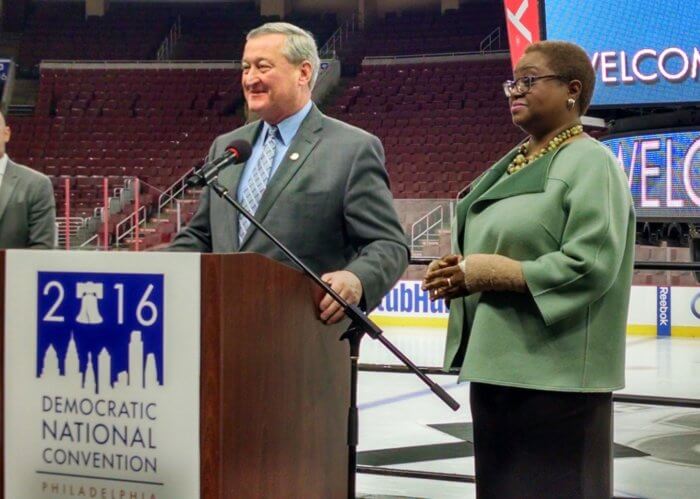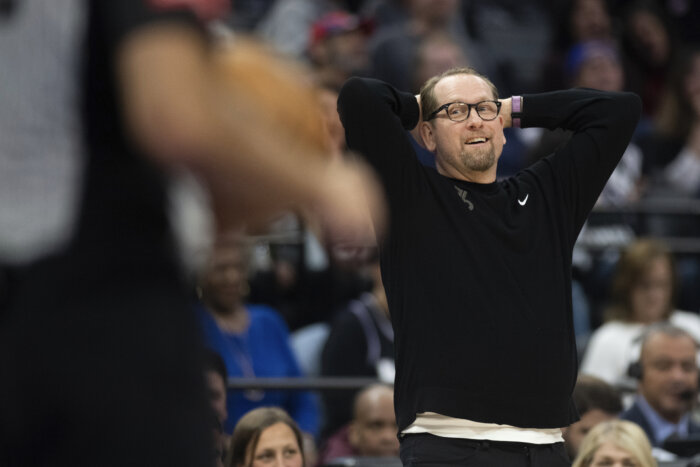Fueled by divisive language and frustration with both major political parties, this election cycle has been more violent than any since the “Days of Rage” in Chicago in 1968.
Next month, the emotional protests and warring factions land on Philadelphia’s doorstep when the Democrats hold their national convention in the city July 25-28.
In preparation, area clergy members announced they will host a “freedom school” at the Arch Street United Methodist Church prior to and during the DNC to teach protestersmethods of peaceful demonstration andprovide protesters with information and resources should theybe approached by law enforcement. In the spirit of the 1964 Freedom Summer and the Rev. Martin Luther King’s nonviolent civil disobedience tactics, the school will offer “Know Your Rights” training, medical care for injured activists and will open its doors “for respite” as needed during the convention. “Right to Know” sessions will be held Saturday, July 9; Saturday, July 16; Wednesday, July 20; and Saturday, July 23.
“We know those coming to the city and those already here, planning to exercise their First Amendment right are going to need some support,” said the Rev. Robin Hynicka, of Arch Street Methodist. “They’re going to need love, they’re going to need some place to go. We’re sending that message today.” An interfaith network of clergy, leaders of conscience, gun-reform activists, members of the Up Against the Law legal collective and students gathered in the Arch Street church for a news conference Wednesday. They differed in creed, in race and ethnicity, and in gender, but their message was unified: The voices of those engaging in resistance must be heard. The Rev. Mark Kelly Tyler, pastor of Mother Bethel A.M.E. Church in Society Hill and member of Philadelphians Organized to Witness, Empower and Rebuild (POWER), was among the featured speakers. “We’re here because we need one another,” Tyler said. “Others will come to the city in a month to demonstrate and protest and speak their minds. Some things we will agree with, some things we will not. But we certainly agree with the fact that they have the right to do it as long as it’s nonviolent without being forced into silence.” Still, First Amendment rights have become a contentious issue in the weeks leading up to the convention. The city has approved nine of 23 protest permits as of June 23, the latest date for which information was available. Several groups whose permits were denied or pending, including the Philly Coalition for REAL Justice and the Poor People’s Economic Human Rights Campaign (PPEHRC), have said that they intend to protest anyway, with some activists vowing to “shut the city down.“ The Rev. Gregory Holston, who helms New Vision United Methodist Church in North Philly, said Wednesday that protesting during the DNC requires an understanding of how to protest to enact the transformation that our communities need, “because there is much to protest,”he said. “In much of our society and our communities in this city and beyond are in a state of emergency,” Holston said, recalling the lives of Tamir Rice, Walter Scott and Eric Garner. “But the cries are not being heard. Cries are not being heard by our politicians, by our corporate leaders, by our business leaders, the cries are not being heard.” At the DNC – when these leaders will converge on a city plagued by gun violence, child poverty, homelessness and desperation – violence is not the path, Holston warns.
“Poor in the city live in violent circumstances every day,” Hynicka said. “The mass incarceration is a violent response to conditions in the city that haven’t been addressed, [like] conditions of unemployment [and] lack of education. “The greater fear here isn’t if there’s violence,” Hynicka admitted. “It’s that the voices won’t be allowed to speak because of violent tactics.”
